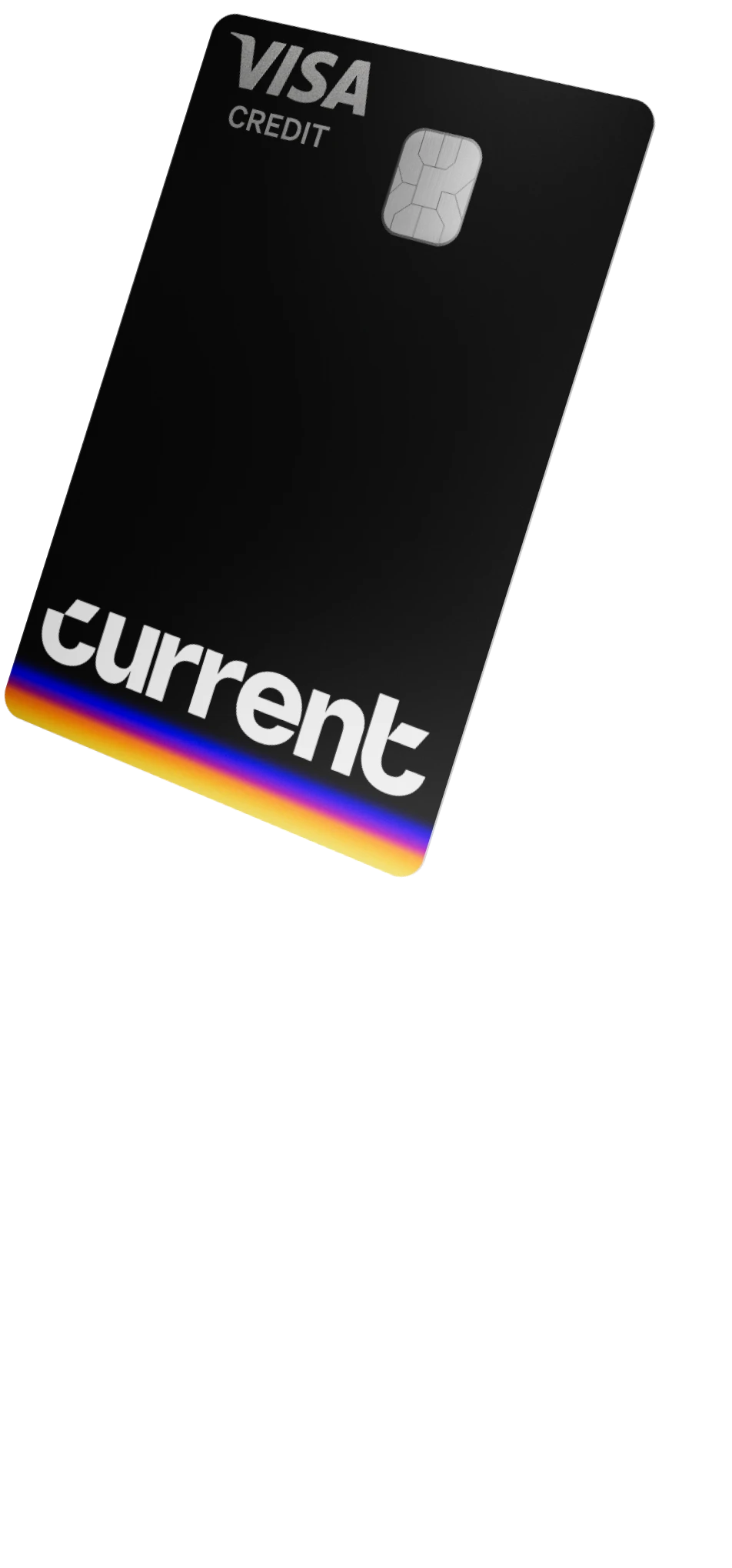How to Make a Free Monthly Bill Tracker & Stick to Your Budget
If you are starting out creating a monthly budget for the first time, congratulations! This is the best way to get a handle on your money and make it work for you the way you want it to.
There are a lot of great free bill tracker tools available to you online that will help you to get your finances in order, figure out exactly what you want for your money, and track how long it will take you to get there.
Whether your financial goal is to pay off all your debt, save for college, or travel more often, a bill tracker will help you to start building your financial foundation, so you can grow in the direction you envision for your life.
The Purpose of a Bill Tracker
Bill trackers are designed to do exactly what they say: assist you in tracking where all your money is going each month.
Of course, it means writing down more than just what you spend on bills. It includes noting what you spent on entertainment, where you put the cash you withdraw from the back, and the gifts that you give and receive. The idea is to help you see your full financial picture all on one page: all the money that you have coming in versus all the money you have going out.
If you don’t know how much money you’re making or have a clear idea of where it’s all going, it will be impossible to know where to cut back. But with the right information, you can make sure you always have enough on hand to pay your monthly bills while saving for your financial goals or paying off debt.
Types of Free Monthly Bill Trackers
The good news is that there is no shortage of free monthly bill trackers online in downloadable form. You can write everything out, use an online calculator in app form that automatically updates your big monthly numbers, and use spreadsheets that you can copy into Google Docs and fill in online.
The not-so-great news is that they are all different and include a range of information (some of which you won’t need). They may include embedded formulas that don’t allow you full transparency into what’s happening with your money.
If you choose one that is too complex, you will get frustrated easily and likely won’t use it. If you choose one that is super simple, it may not be detailed enough to give you all the information you need.
There are also trackers that consider different situations. That is, if you have a regular monthly or bimonthly paycheck that never changes, most budget trackers are designed for you. But if you don’t know what your income will be due to irregular payments or shift work that relies heavily on tips, it can be more difficult to use the usual trackers. You may benefit from seeking out one that you can modify to your needs.
What’s Included in a Free Bill Tracker
Bill trackers that are free are generally very simple in nature. They include a spot for the expected budget categories like:
- Rent
- Utilities (usually a single line)
- Car payments
- Food
- Household goods
- Savings or investments
- Other loans
These may or may not be broken down into parts. For example, it might list a line item for all utilities rather than a line for the electric bill, a separate one for garbage, another for gas, and another for trash.
They may have room for things like childcare, gas, pet expenses, medical payments, and other categories that you pay every month.
There will also be room for income. If you have income from multiple jobs, child support, alimony, and/or gig-economy work that is variable and has a list of its own expenses, it may not be possible to use the free monthly budget trackers as they are.
In most cases, it is a good idea to use the free trackers as a starting place to remind you of all the different categories of spending that come up every month or every other month. Then, create your own spreadsheet that allows you to track your personal expenses, or use an app that allows you to modify the categories so they fit your needs.
How to Start Using a Monthly Budget Tracker
You can start right now. Track your spending for the month with little or no prep, simply writing down every single dollar you spend as it comes up and continuing this through the month. However, it will take a full month to get those numbers in place and may end up contributing to your debt load or keeping you from your goals when you could hit the ground running instead with the following steps.
- Try to recreate your monthly budget. Pull out credit card statements, bank statements, and bills. Try to determine where all your money went last month. This means noting where every single dollar went, from the cash you pulled out to gifts of cash you received to the random soda purchase at the gas station.
It won’t be perfect, since you may not be able to remember where everything went, but it’s something to work off for step 2.
- Create an estimated monthly budget. Based on the information from your recreated budget, you should be able to estimate what you need to cover your bills every month. If there is a category that is highly variable (like food) or minimally variable (like utilities), give yourself a little bit of a buffer. That is, estimate a little bit higher than your last bill to make sure you are planning to have enough money on hand to pay for every expense in full without going into debt on the basics.
- Don’t include splurge spending, entertainment, or eating out on this budget — at first. Your goal is to see what you have to spend every month so you can view how much you have in your bank account if that were all you were to spend. If you have a financial goal in mind, it may be that you need to cut out your usual entertainment expenses, including going out to eat or buying new clothes until you’ve hit your financial goal.
- Write down every dollar you spend — every single dollar. Keeping a budget of this nature can feel tedious, but if you pull $20 out of the ATM and spend a little on food, a little on entertainment, and give a few bucks to the kids, your categories won’t be accurate on your budget tracker. Rather than just have a category for cash, really pay attention to the receipts and write down where everything goes, rounding up to the next dollar if it is over 50 cents and rounding down if it is under 50 cents.
Example: $5.78 on gas goes under the gas category as $6, but an electric bill that is $80.32 goes on your electric bill line as $80.
How to Stick to Your Budget Using Your Monthly Bill Tracker
- Make it easy. Using an app, like Current, that you can access on your phone no matter where you are and gives you insights into your spending through money management tools, means you never have to wait to note what you spent or what you received. Anything you can do to make it easy for yourself will help you stick to your budgeting plan.
- Write down every expense right when you spend it. If you try to save your receipts, you’ll inevitably lose them or spill something on them so you can’t see the details. If you make a note on your phone and swear to add it later, you’ll forget.
The best way to track your finances is to make sure that you note every purchase as you make it. You can make this easier by sitting down to pay your bills all at once, so it’s less time focused on tracking.
- Write down every income source as it comes in as well. Just as important as knowing where your money goes is knowing when it’s coming in. Especially if you have irregular income, sell things, or otherwise have money coming in randomly, make sure you update your monthly tracker when each sale comes in or at the same time every day if there are multiple per day so you have an accurate accounting.
This includes things like the cash back earnings you get using Current’s 15x points debit card and the savings you earn in your Savings Pods. Every time you cash those out, put it into your budget.
- Keep going if you have an off month. Life happens. You may get sick, go on vacation, or just forget to track everything. If that happens, just start where you are right now and pick it back up. Don’t wait for next month or drop the project. Give yourself some grace and keep going.
- Keep track of your progress toward your goals. There is nothing more motivating than seeing yourself make progress toward your financial goals. Keep a separate spreadsheet that tracks the balances on your debt you’re trying to pay off or the amount in your savings account if you’re saving for something specific. This will motivate you to keep tracking everything and looking for places to save money, so you can move even faster in your financial journey.
- Pick up the pace. If things are slow when it comes to your goals, it may be because you don’t have enough income to cover the bills and make progress. First, cut all the expenses you can to free up as much income as possible. Then, consider taking on some side work — walking dogs, babysitting, delivering groceries, or another part-time job — to help you save money faster.
- Celebrate your successes. Break your big financial goals into pieces and celebrate every step of the way. It’s a big deal to stick to budgeting and get closer to your financial goals, so make sure you celebrate yourself and all the hard work you’ve done.
Keep Learning & Making Your Budget Work for You
Keep your eyes open and continue to look for ways to save money and make the most of the money you have.
Current is a financial technology company that offers a number of financial tools that will help you save more, spend less, and move more quickly toward your financial goals.
Find out more about the different Current tools available and determine what will be most useful for you when you check us out today.
References
Budgeting 101: How to Budget Money. (January 2021). NerdWallet.
How to Pay Off Debt Faster. Wells Fargo.
Why You Need to Track Expenses to Become Aware of Your Spending. (January 2022). The Balance.
33 Free Bill Pay Checklists & Bill Calendars. Template Lab.
10 Budget Categories That Belong in Your Plan. (May 2021). Quicken.
3 Reasons You Need to Be Tracking Every Dollar. (September 2017). Nick True – MappedOutMoney.
How to Make a Budget: 5 Time-Tested Approaches. (June 2021). Forbes.
3 Easy Ways You Can Track Your Expenses and Stay on Top of Your Money. (February 2021). CNBC.
How to Budget With an Irregular Income. (August 2021). Ramsey Solutions.
21 Simple Tips to Make Budgeting Easy. Be the Budget.
How to Save Money: 17 Proven Ways. (July 2021). NerdWallet.




